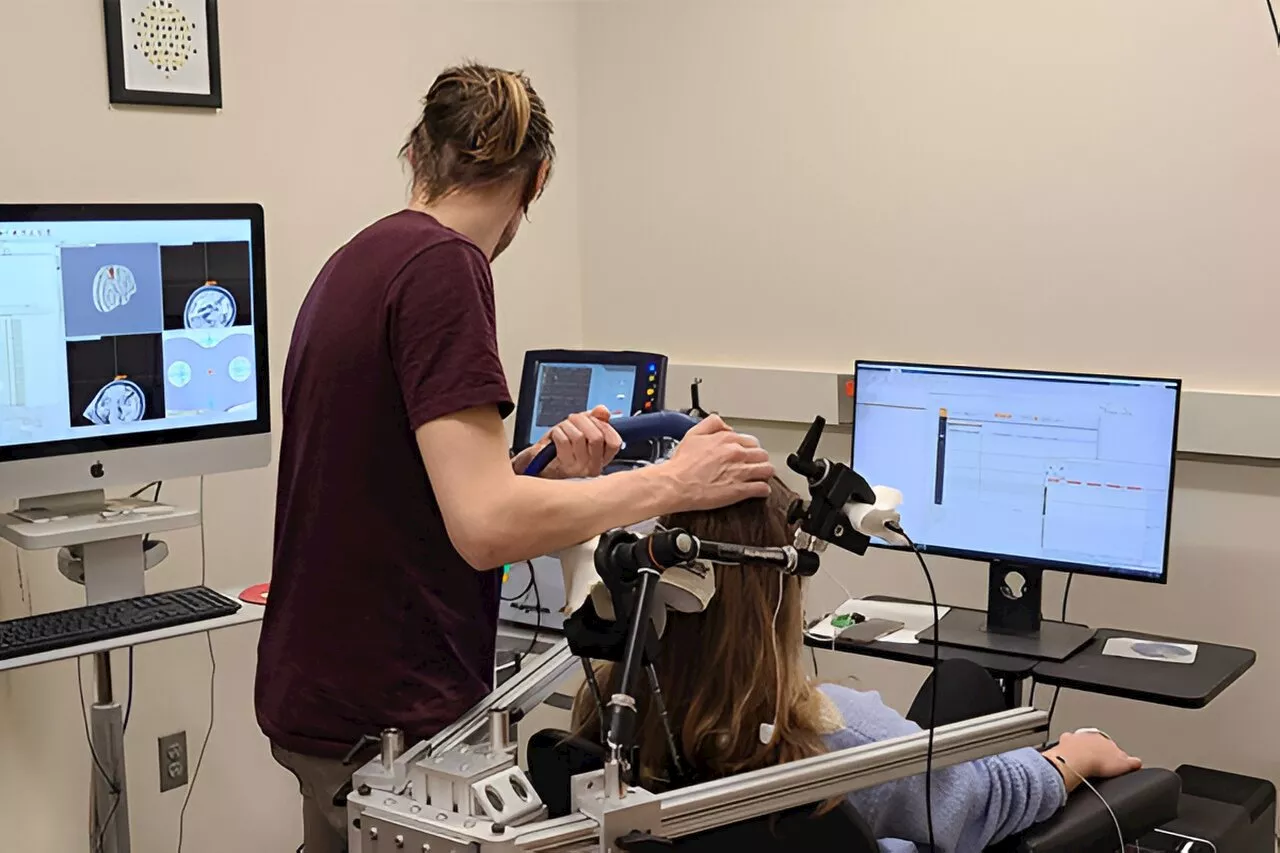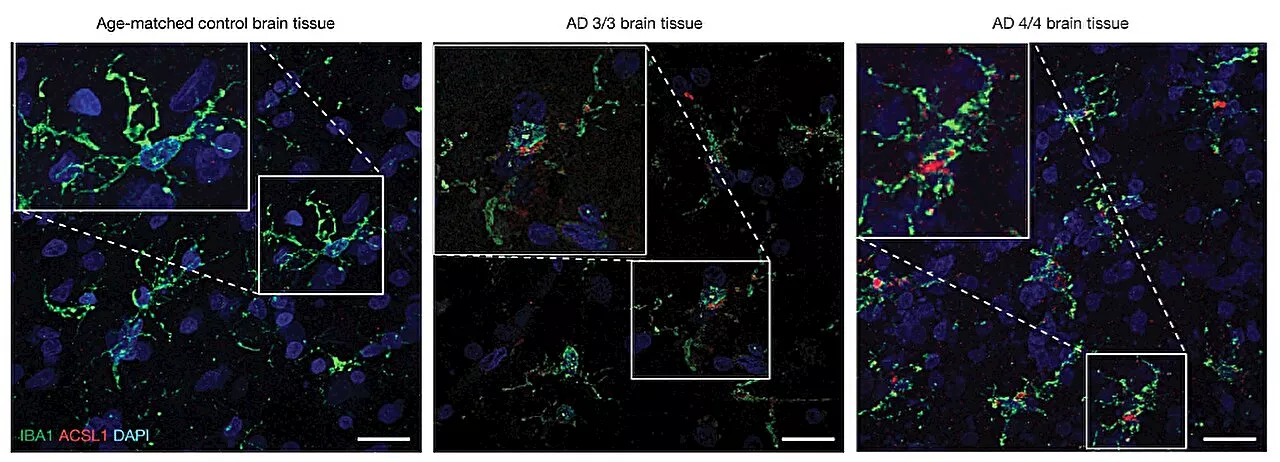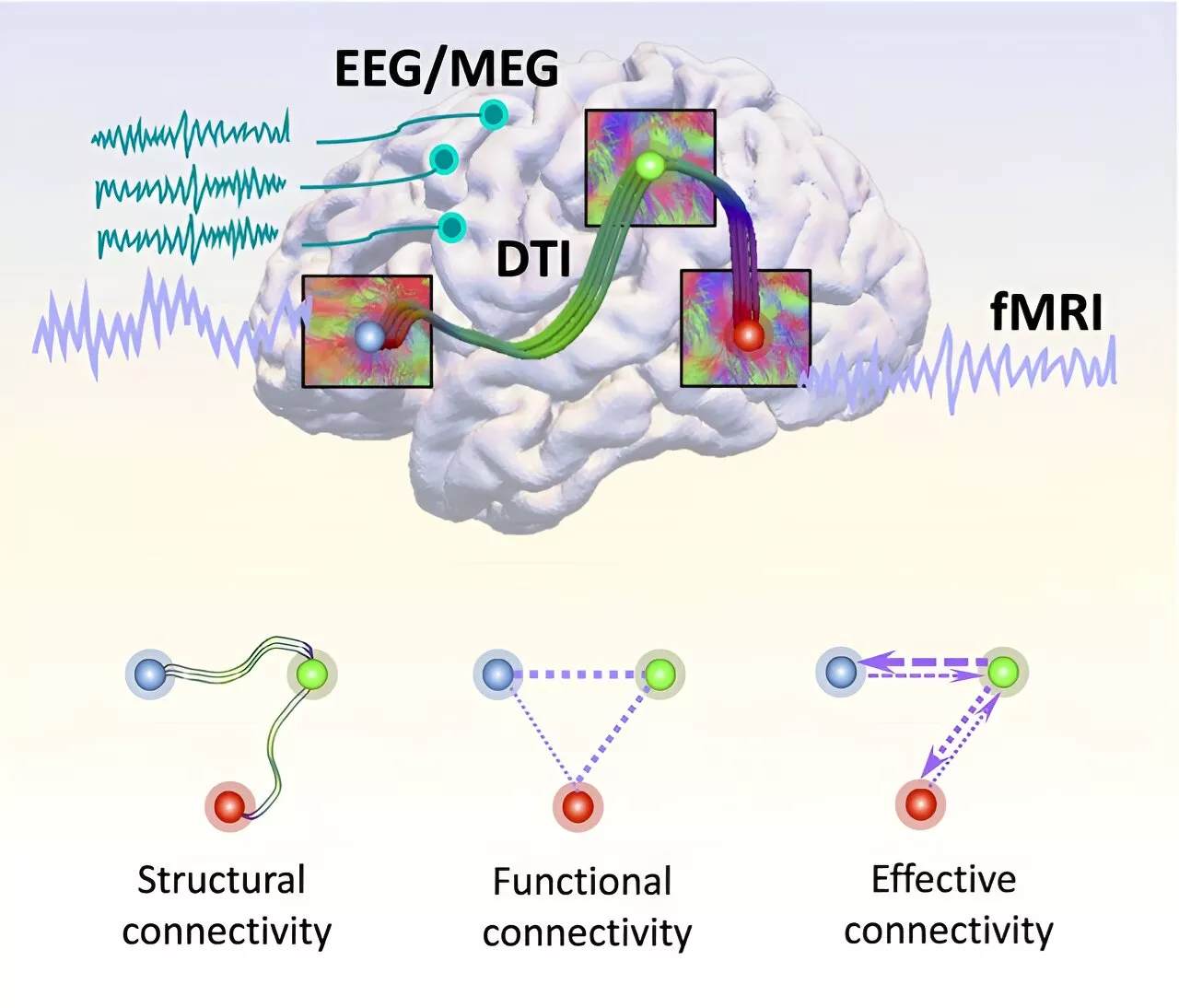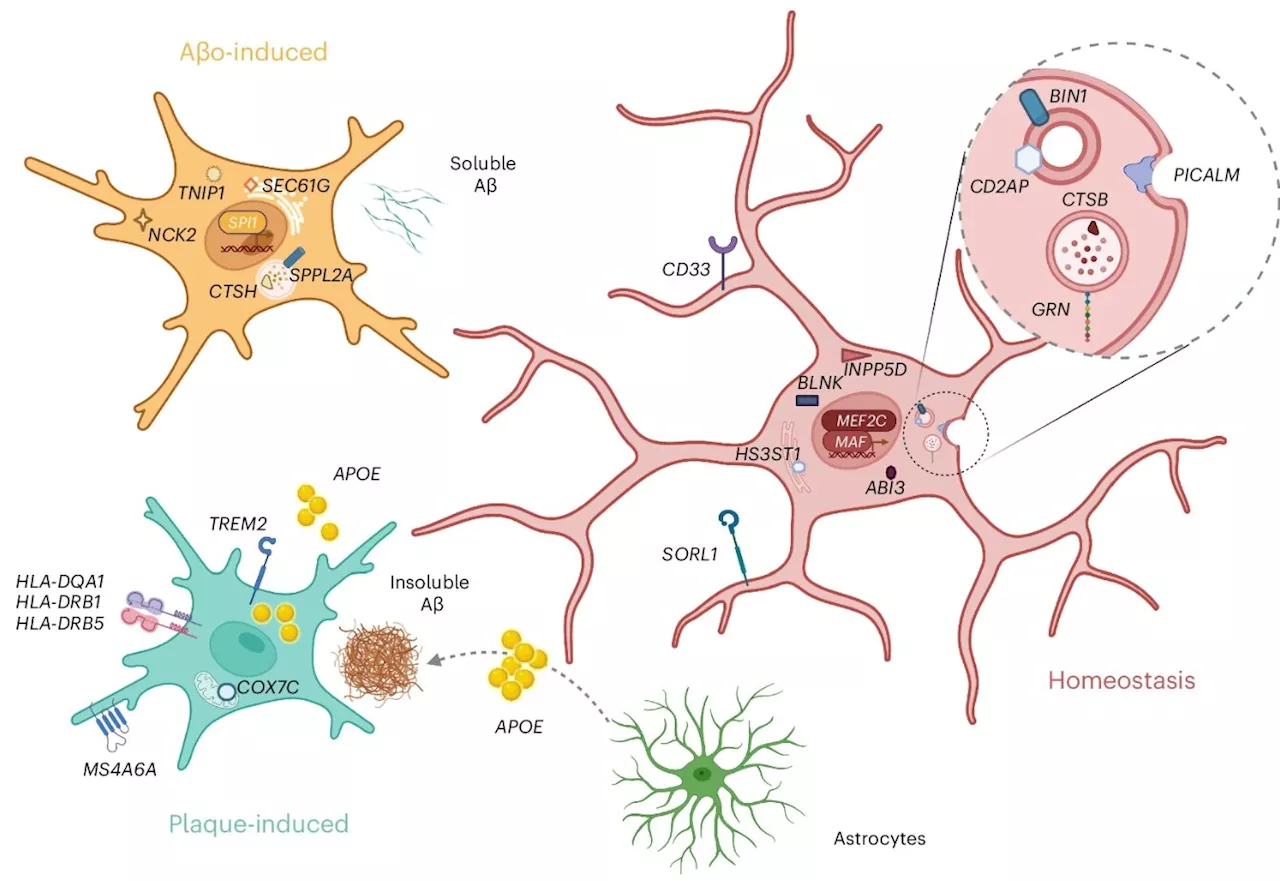Microglia are specialized immune cells in the brain. While they normally protect our brains, they can also contribute to neurodegenerative diseases such as Alzheimer's. The exact mechanism behind this contribution is not yet fully understood due to the complexities involved in studying them in human brain samples.
Understanding the role of microglia in Alzheimer's disease retrieved 27 March 2024 from https://medicalxpress.com/news/2024-03-role-microglia-alzheimer-disease.html
This document is subject to copyright. Apart from any fair dealing for the purpose of private study or research, no part may be reproduced without the written permission. The content is provided for information purposes only.6 hours ago Use this form if you have come across a typo, inaccuracy or would like to send an edit request for the content on this page. For general inquiries, please use ourThank you for taking time to provide your feedback to the editors.
Your feedback is important to us. However, we do not guarantee individual replies due to the high volume of messages.to let the recipient know who sent the email. Neither your address nor the recipient's address will be used for any other purpose. The information you enter will appear in your e-mail message and is not retained by Medical Xpress in any form.Get weekly and/or daily updates delivered to your inbox.
United Kingdom Latest News, United Kingdom Headlines
Similar News:You can also read news stories similar to this one that we have collected from other news sources.
 New study reveals breakthrough in understanding brain stimulation therapiesFor the first time, researchers at the University of Minnesota Twin Cities showed that non-invasive brain stimulation can change a specific brain mechanism that is directly related to human behavior.
New study reveals breakthrough in understanding brain stimulation therapiesFor the first time, researchers at the University of Minnesota Twin Cities showed that non-invasive brain stimulation can change a specific brain mechanism that is directly related to human behavior.
Read more »
 Root cause of Alzheimer's may be fat buildup in brain cells, research suggestsA team of neurologists, stem cell specialists and molecular biologists affiliated with several institutions in the U.S. and led by a group at Stanford University School of Medicine has found evidence that the root cause of Alzheimer's disease may be fat buildup in brain cells. The study is published in the journal Nature.
Root cause of Alzheimer's may be fat buildup in brain cells, research suggestsA team of neurologists, stem cell specialists and molecular biologists affiliated with several institutions in the U.S. and led by a group at Stanford University School of Medicine has found evidence that the root cause of Alzheimer's disease may be fat buildup in brain cells. The study is published in the journal Nature.
Read more »
 Unlocking Alzheimer's mysteries: A comprehensive brain connectome-based surveyIn a study published in Psychoradiology researchers from the University of Texas at Arlington and the University of Georgia have systematically summarized studies on brain networks within the context of AD, critically analyzed the strengths and weaknesses of existing methodologies, and offered novel perspectives and insights, intending to serve as...
Unlocking Alzheimer's mysteries: A comprehensive brain connectome-based surveyIn a study published in Psychoradiology researchers from the University of Texas at Arlington and the University of Georgia have systematically summarized studies on brain networks within the context of AD, critically analyzed the strengths and weaknesses of existing methodologies, and offered novel perspectives and insights, intending to serve as...
Read more »
 Data provide new perspective for understanding the antidepressant-like effects of a diabetes drugResearch in animals has shown that the diabetes drug dulaglutide, which is a glucagon-like peptide-1 (GLP-1) receptor agonist may reduce symptoms of depression. A new study published in Brain and Behavior reveals the mechanisms that are likely involved.
Data provide new perspective for understanding the antidepressant-like effects of a diabetes drugResearch in animals has shown that the diabetes drug dulaglutide, which is a glucagon-like peptide-1 (GLP-1) receptor agonist may reduce symptoms of depression. A new study published in Brain and Behavior reveals the mechanisms that are likely involved.
Read more »
 Understanding the connection between hearing loss and mental healthThis article talks about the impact of hearing loss on mental health, how to deal with hearing loss and where to seek support
Understanding the connection between hearing loss and mental healthThis article talks about the impact of hearing loss on mental health, how to deal with hearing loss and where to seek support
Read more »
 How Spatial Genomics Is Revolutionizing Our Understanding of Health and DiseaseSpatial genomics is a cutting-edge field that combines genomics and spatial analysis to investigate the role of genomic features in disease at single-cell resolution.
How Spatial Genomics Is Revolutionizing Our Understanding of Health and DiseaseSpatial genomics is a cutting-edge field that combines genomics and spatial analysis to investigate the role of genomic features in disease at single-cell resolution.
Read more »
